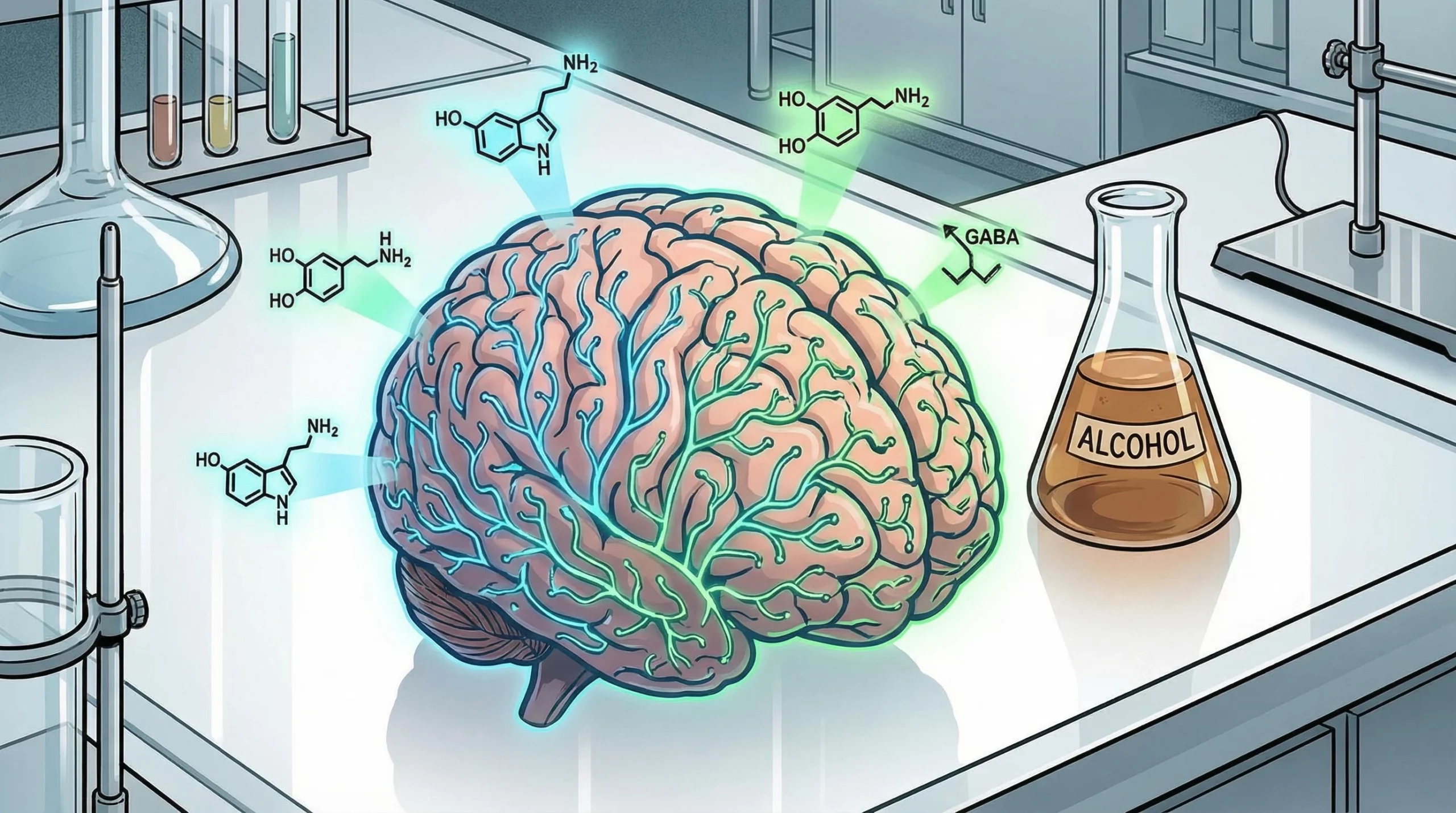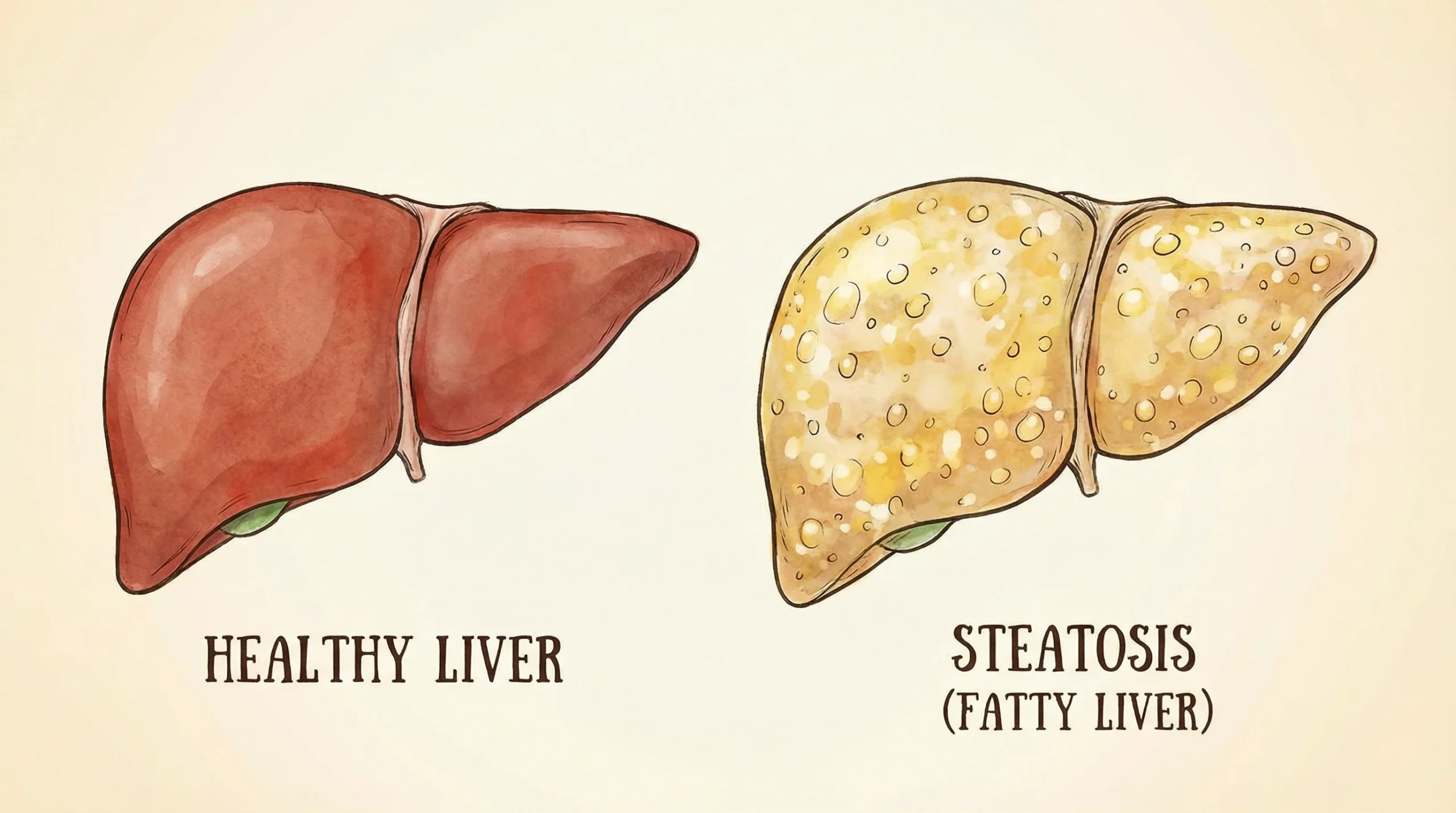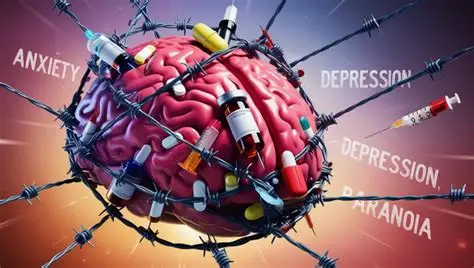Effects of Fentanyl Exposure
Fentanyl exposure and its aftermath can catch people completely off guard. Whether it’s accidental contact with a tiny amount or a more serious overdose, knowing what could happen afterwards is really important. With fentanyl showing up more often in both medical settings and street drugs, there’s growing cause to be aware of how exposure affects … Read more








